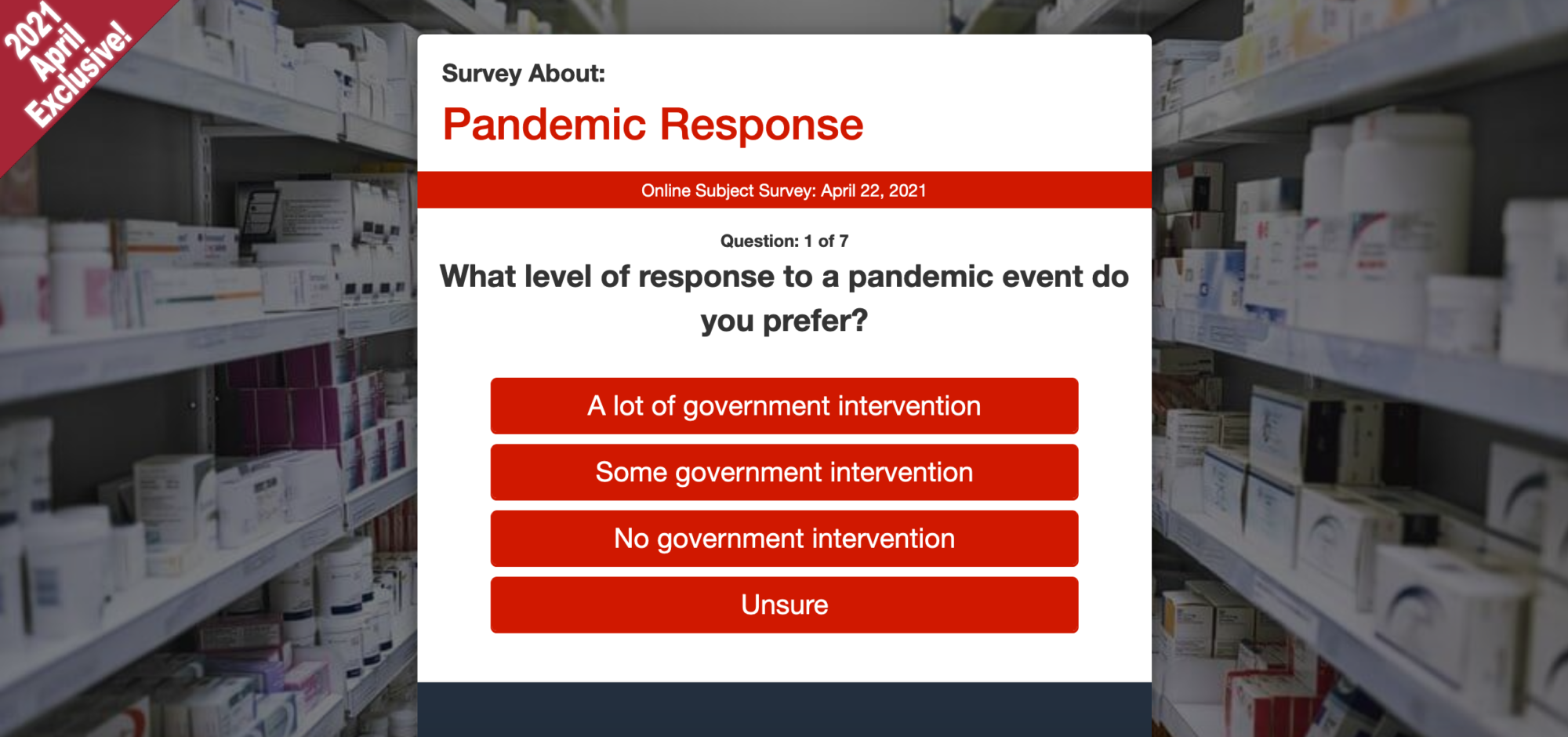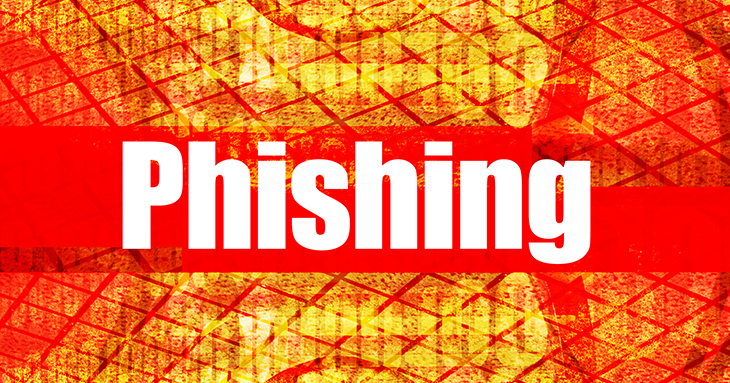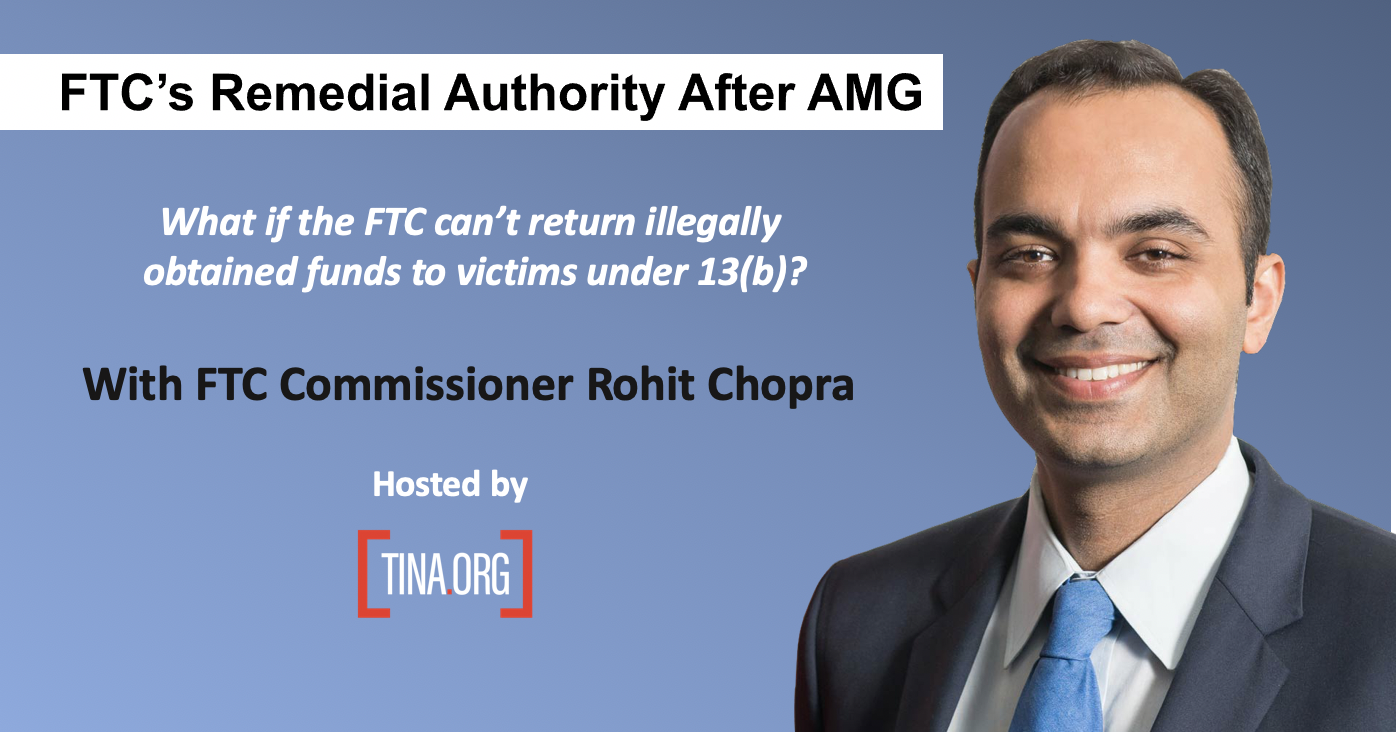
COVID Vaccine Survey Scam
Not a real survey. Not a real reward.
Emails may contain viruses and malware to steal your identity.
You open your email and are happy to see a shipping notification. Yay, you think, someone has sent me something. Perhaps a holiday gift.
You might even be upset to be informed by the email that the item you ordered could not be delivered.
But don’t click on it just yet. This time of year, scammers are out in force trying to obtain valuable credit card and personal information from consumers by sending false shipping and delivery notifications.
The emails, which can refer to recent or supposed cancelled or undeliverable orders, can appear to come from retail stores and shipping companies. The email may be part of phishing scam where fraudsters try to get you to disclose personal information to steal your identity. And if you click on any links in the email you may not be confirming your order but instead downloading malware that is designed to obtain your personal information.
More recently, a new scam with similar intentions has been making the rounds. It’s called spear phishing and it targets specific people, using some identifiable information about them to get a person to click on the e-mail.
Experts advise that instead of opening the email or any links in it, go directly to the website of the retail store or shipping company or call the companies and confirm whether there is an order in your name.
The FBI also suggests you follow these tips:
More information on email scams can be found here.
Not a real survey. Not a real reward.
In case you missed it, watch the webinar with FTC Commissioner Rohit Chopra.
Lawsuits claim infant-specific products aren’t any different than acetaminophen medications for older children.


